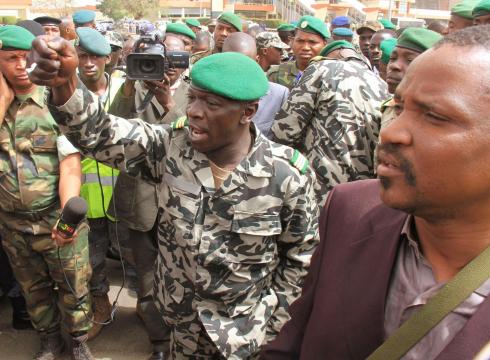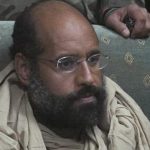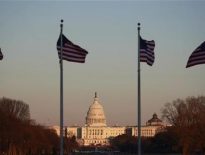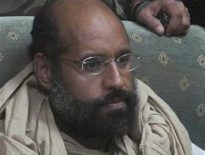By Bate Felix
BAMAKO
(Reuters) – Mali’s desert Tuaregs proclaimed independence for what they call the state of Azawad on Friday after capturing
key towns this week in an advance that caught the newly-installed junta off guard.

Nomadic Tuaregs have nurtured the dream of secession since Mali’s
own independence from France in 1960 but have little international support for a move which neighbours fear could encourage
other separatist movements elsewhere.
This week’s seizure of Mali’s north – a desert zone bigger than France – came
with the help of arms and men spilling out of Libya’s conflict. It was backed by Islamists with ties to al Qaeda, triggering
fears of the emergence of a new rogue state.
“The Executive Committee of the MNLA calls on the entire international
community to immediately recognise, in a spirit of justice and peace, the independent state of Azawad,” Billal Ag Acherif,
secretary-general of the Tuareg-led MNLA rebel group MNLA said on its www.mnlamov.net home page.
The statement, which
listed decades of Tuareg grievances over their treatment by the distant southern capital Bamako, said the group recognised
borders with neighbouring states and pledged to create a democratic state based on the principles of the United Nations
charter.
It was datelined in the town of Gao, which along with the ancient trading post of Timbuktu and other northern
towns fell to rebels in a matter of 72 hours this week as soldiers in Mali’s army either defected to the rebellion or
fled.
The advance capitalised on confusion in Bamako after a March 22 coup by mid-ranking officers whose main goal had
ironically been to beef up efforts to quash the rebellion.
Mali’s worried neighbours see the handover of power back
to civilians as a precondition for moves to help stabilise the country and have imposed economic and diplomatic sanctions
aimed at forcing junta leader Captain Amadou Sanogo to step down.
On Thursday a team of mediators said they were
hopeful Sanogo would soon announce steps that would allow them to drop the sanctions on Africa’s third largest gold miner,
which include the closure of borders and the suspension of its account at the regional central bank.
“We are going to
do everything so that these sanctions are not only suspended but completely removed. We are getting there,” Burkina Faso
Foreign Minister Djibril Bassole told Malian television after talks with Sanogo.
“I can assure you that the captain is
aware and taking measures. He will soon make some announcements in that direction,” added Bassole, whose country represents
the 15-state ECOWAS regional grouping as a mediator in the crisis.
There was no immediate response from the
junta.
Separately, ECOWAS military planners prepared the mandate for a force of up to 3,000 soldiers which could be
deployed in Mali with the dual aim of securing the return to constitutional order and halting any further rebel
advance.
Advertisement
Ivory Coast General Soumaila Bakayoko said after the
talks in the Ivorian economic capital Abidjan there was a “clear will” of all ECOWAS states to address the crisis in Mali,
but gave no details on troop commitments or a deployment timetable.





